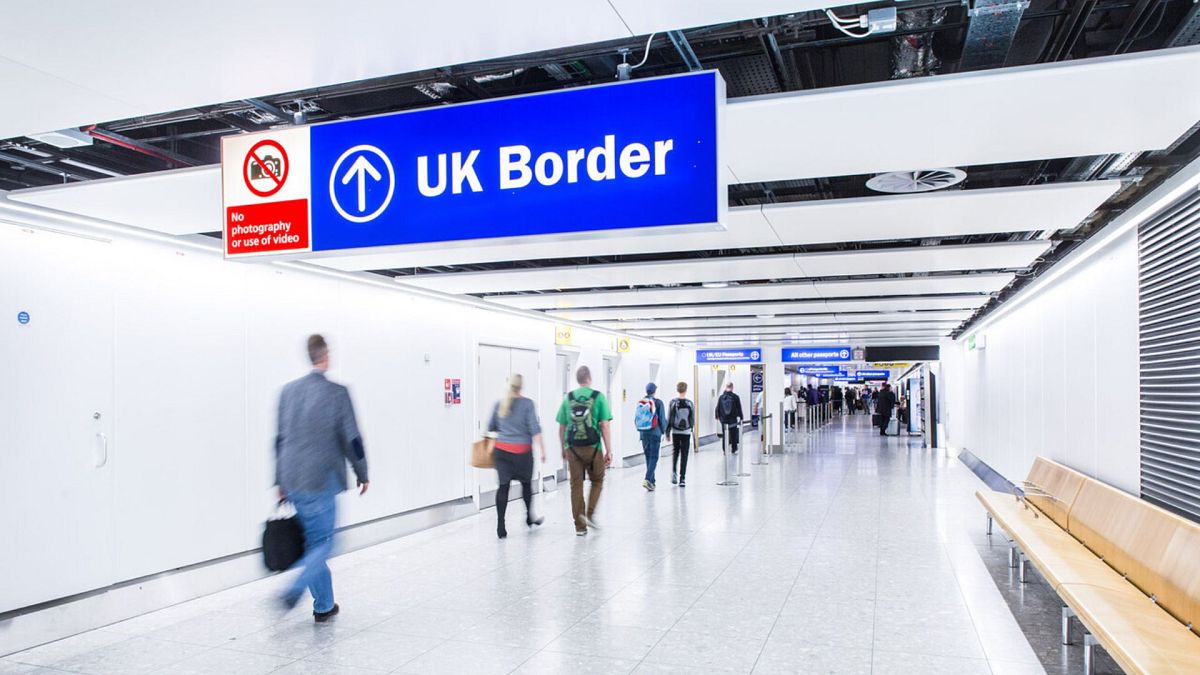Travel
UK’s ETA travel permit likely to cost €7 more under government plan

UK’s Electronic Travel Authorization (ETA): What You Need to Know
Introduction to ETA: A New Era for UK Travel
The UK has introduced a new Electronic Travel Authorization (ETA) system, marking a significant shift in its travel policies. Effective from January 8, 2024, visitors from non-European countries must obtain this ETA before their arrival. While Europeans have a grace period until April 2024, the ETA is set to become a standard requirement for all international travelers. This digital authorization aims to streamline entry processes and enhance security, but its implementation has sparked discussion due to associated costs and implications for tourism.
The ETA Price Increase: A Controversial Move
The UK government has announced a substantial increase in ETA fees, raising concerns among travelers and industry experts. The cost, initially set at £10, will rise to £16, marking a 60% hike. This change is intended to reduce reliance on taxpayer funding for migration services, but critics argue it may deter visitors. The price increase is subject to parliamentary approval but could take effect swiftly if passed, adding another expense for those planning a trip to the UK.
Transit Passengers: A Welcomed Exemption
Amidst the criticism, the exemption of transit passengers from ETA requirements has been well-received. Travelers connecting through UK airports like Heathrow and Manchester without passing through immigration will no longer need an ETA. This decision followed concerns from airlines and airports about potential losses. Industry leaders have applauded this move, emphasizing its importance for maintaining international route viability, though the government retains the right to reassess this policy.
Industry Reactions: Concerns Over Competitiveness
The ETA price increase has drawn strong opposition from the travel industry. Representatives from organizations like the International Air Transport Association (IATA) and Airlines UK have expressed dismay, arguing that higher costs could harm the UK’s tourism competitiveness. With the UK aiming to boost visitor numbers to 50 million by 2030, critics warn that such measures may undermine these goals and discourage potential visitors.
Comparing ETA and ETIAS: A Competitive Landscape
Comparisons with the EU’s upcoming ETIAS highlight the UK’s competitive disadvantage. Priced at €7 with a three-year validity, ETIAS offers a more affordable option for accessing 29 Schengen countries. Conversely, a family of four visiting the UK under ETA would face higher costs, potentially deterring travelers seeking budget-friendly options. This disparity, coupled with high VAT rates and proposed Air Passenger Duty increases, raises concerns about the UK’s appeal as a tourist destination.
The Future of UK Tourism: Challenges and Calls to Action
The ETA’s impact on tourism is a pressing issue, with industry leaders urging the government to adopt policies that enhance competitiveness. The UK’s tourism sector, a significant economic contributor, faces challenges from rising costs and stringent policies. Advocates emphasize the need to balance security with affordability to sustain growth and maintain the UK’s status as a welcoming destination for global travelers.











